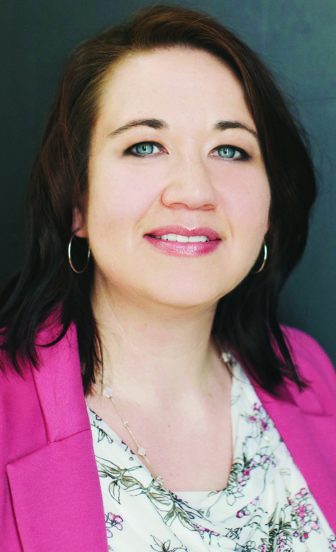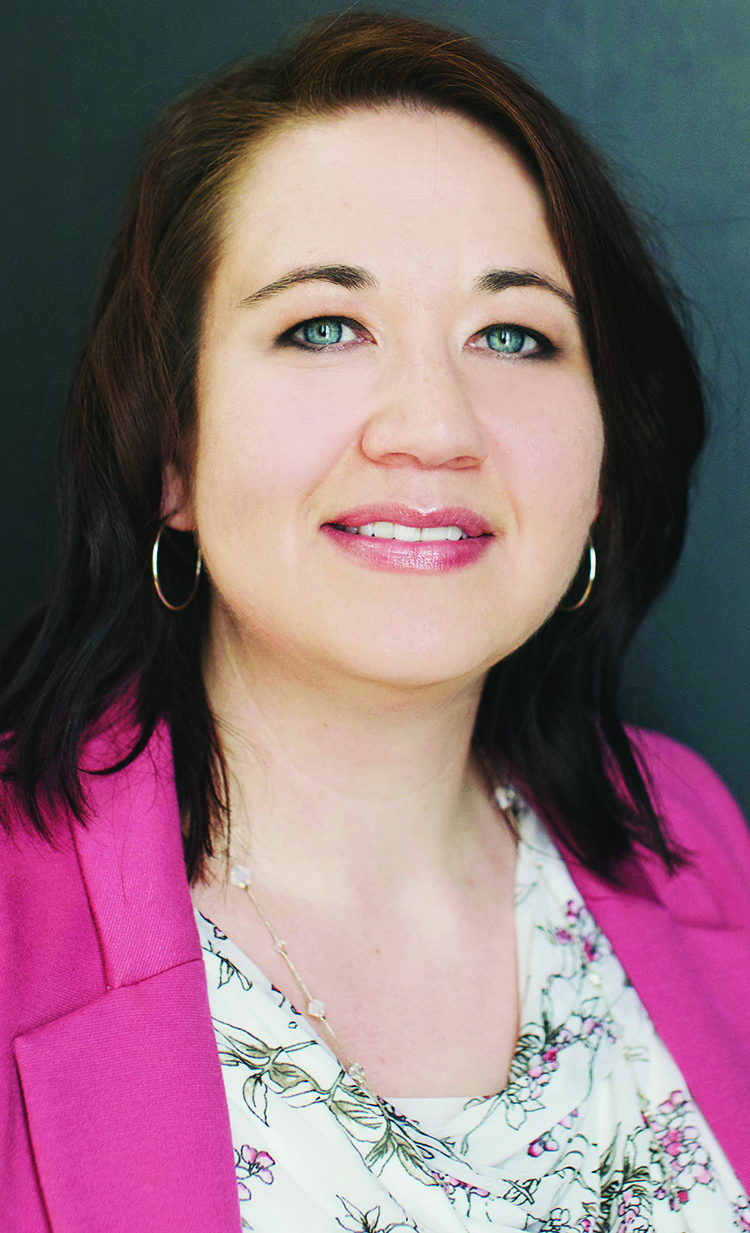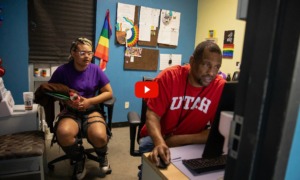 A friend of mine is a mental health and substance use disorder counselor for youth. Let’s call her Lisa. Lisa has a master’s degree in social work and has been working with youth for more than five years. She loves her job. You can see how much she cares each time she talks about her work. Lisa is the type of person who will go the extra mile. She will put her needs aside to take care of the youth she serves. This often involves working lunches and skipping breaks because young people stop by her office.
A friend of mine is a mental health and substance use disorder counselor for youth. Let’s call her Lisa. Lisa has a master’s degree in social work and has been working with youth for more than five years. She loves her job. You can see how much she cares each time she talks about her work. Lisa is the type of person who will go the extra mile. She will put her needs aside to take care of the youth she serves. This often involves working lunches and skipping breaks because young people stop by her office.
As you can imagine, the young people Lisa works with have many struggles. They are dealing with mental illnesses — such as anxiety disorders, mood disorder and personality disorders — along with addictions to alcohol, marijuana, cocaine or prescriptions drugs. In addition, they often lack stable housing, food, education, medical care and a healthy support system.
So Lisa often felt she had no choice but to skip a break to meet with a young person who stopped in. They had no one else, and getting them to trust her took a lot of effort.
I’m also a mental health and addiction counsellor, but with adults. In addition, I have been a compassion fatigue specialist since 2008 when experiencing my own burnout. I’m well aware of the signs and symptoms of compassion fatigue, and about two years into Lisa’s work, I began to see them in her.
Compassion fatigue has been defined as a deep physical and emotional exhaustion and a pronounced change in the ability to feel empathy for clients, loved ones and co-workers.
Lisa began to show up late to meetings looking tired and anxious. She spoke of her work with passion and pride in the strengths she saw in her clients, but she also began to express feeling overwhelmed and noticed that she was getting sick more often.
That overwhelm poured into her personal life. Lisa would sometimes stay at work late. She would get home feeling exhausted and irritable, which impacted her relationship with her husband. Lisa no longer had the energy to go for a bike ride or to a yoga class. She would collapse in front of the TV and then to bed.
This loss of joy and pleasure became the norm for Lisa. In her fourth year of clinical work, Lisa was diagnosed with generalized anxiety disorder and major depressive disorder. The scariest had happened: Lisa herself was having thoughts of suicide. Her doctor put her on a medical leave.
What happens when helpers need help? What happens when you need help? Do you feel comfortable asking for it? Helping professionals and caregivers are often uncomfortable asking for help; after all, we are the helpers! We tell our clients that it’s courageous to ask for and accept help. But we often don’t feel that way ourselves.
Some workplaces have a “toughen up” culture and don’t talk about compassion fatigue or burnout. This causes feelings of shame when symptoms begin.
There are a variety of signs and symptoms of compassion fatigue, including: a lack of excitement for work, feeling tired all the time, avoiding family/friends, calling in sick, emotional eating, excessive TV/sleep, zoning out during sessions, feeling numb, annoyance with clients, loss of hope.
When a helping professional is regularly exposed to people who are in pain or who are suffering, compassion fatigue is an expected phenomenon. I hope one day this topic will be a required course in any helping profession to help reduce the stigma.
I’m happy to report that after a yearlong medical leave, with a variety of treatment modalities, Lisa returned to the work she loved, albeit on a part-time basis, which helps her manage compassion fatigue.
Recently I spoke at a staff retreat for 65 child protection workers on managing compassion fatigue and burnout. I gave them a feedback form asking what they took away from the day, and this was one of my favorite quotes, “Compassion fatigue discriminates against no one.” It really doesn’t.
Charlene Richard is a clinical social worker and the founder of Caring Safely, an online coaching program for helping professionals to manage compassion fatigue and burnout. You can find her trainings and other resources at charlenerichardrsw.com

























